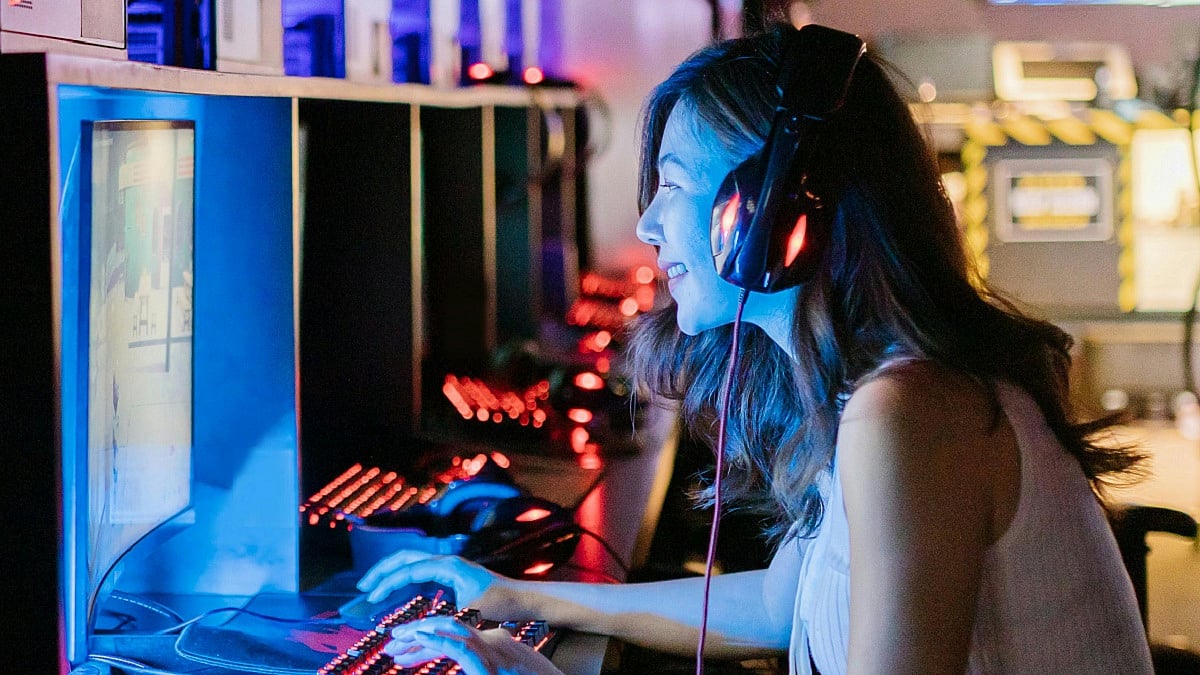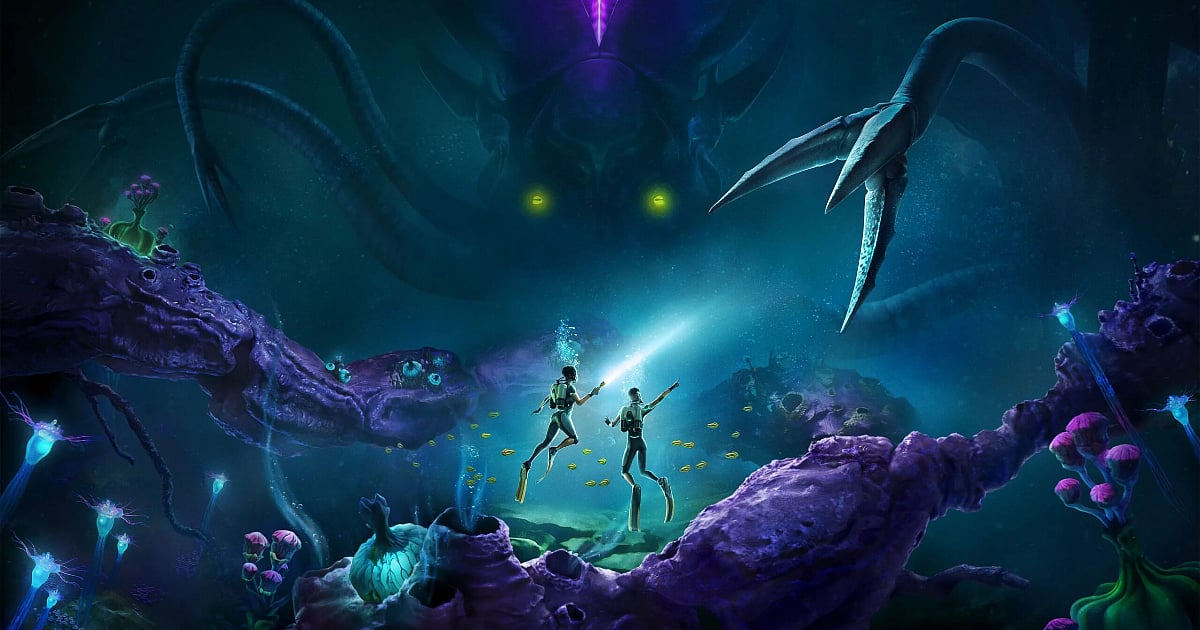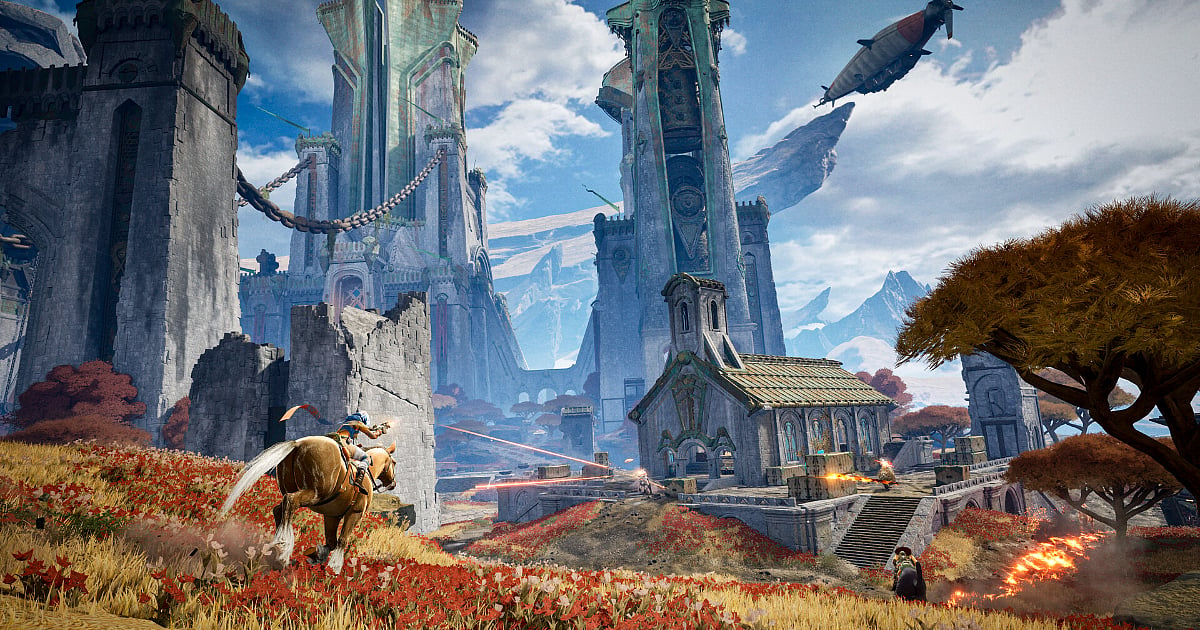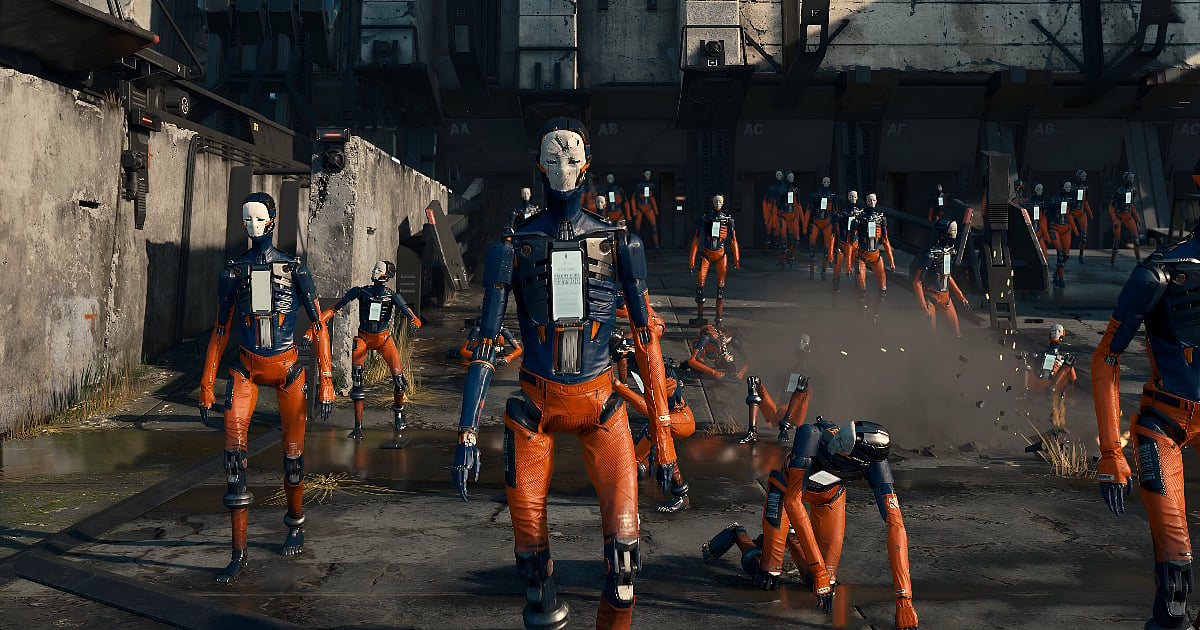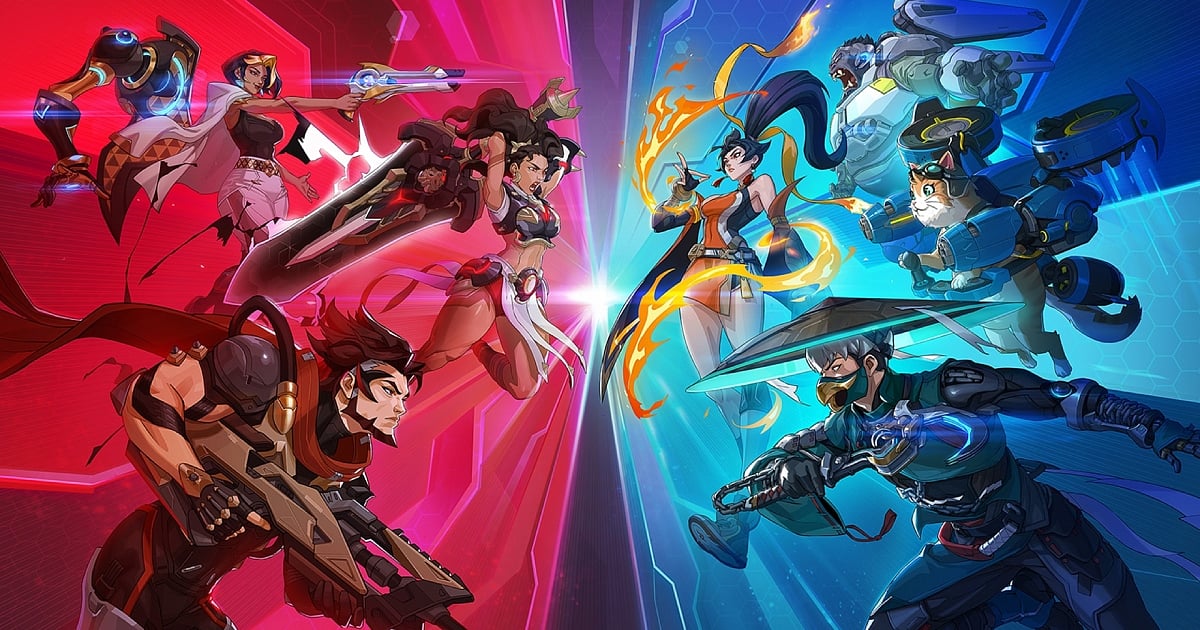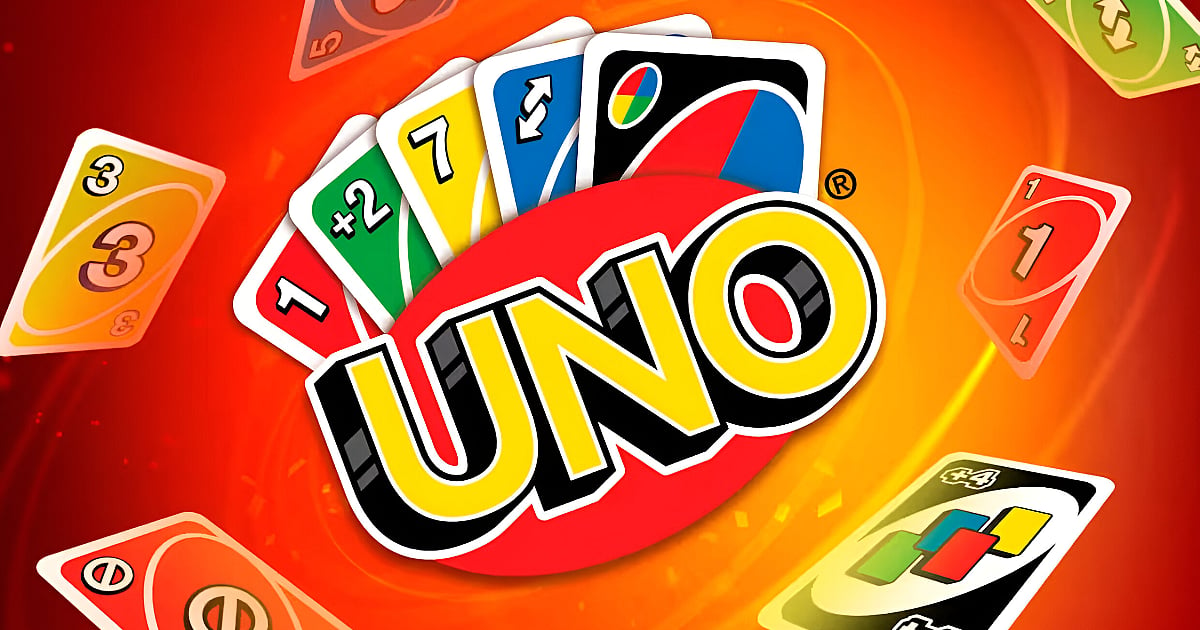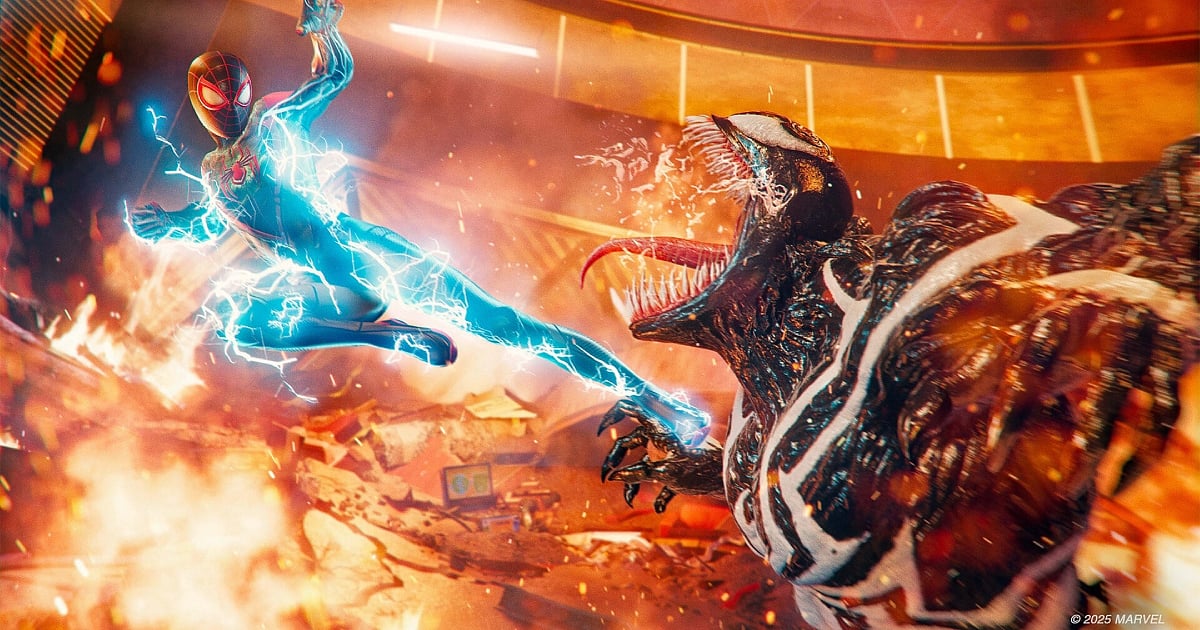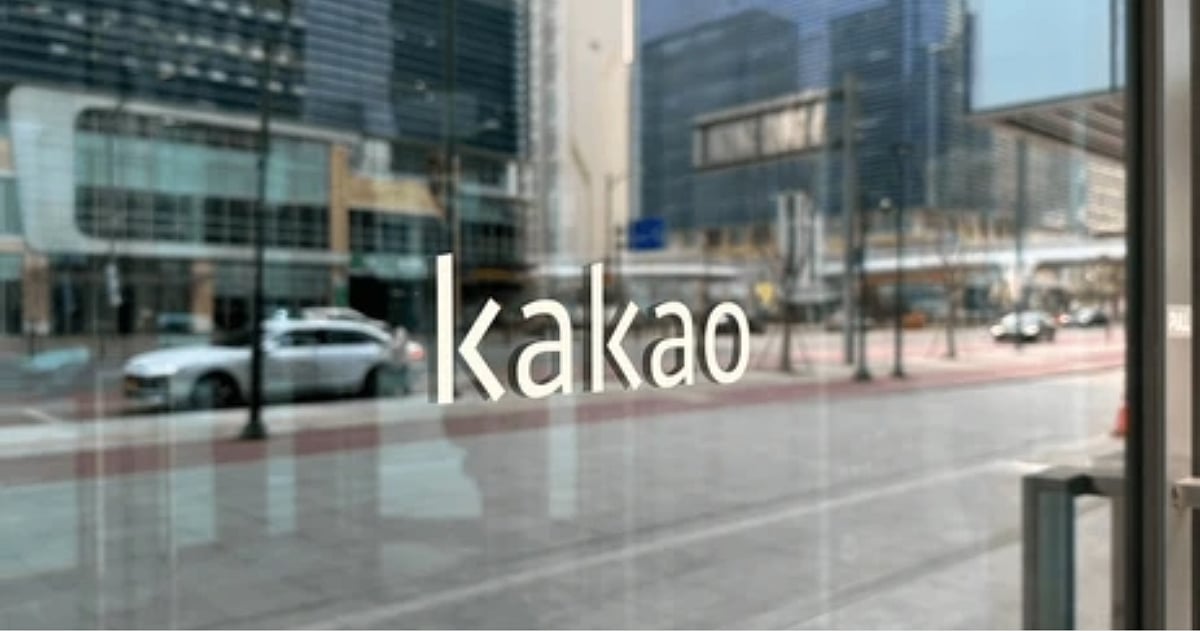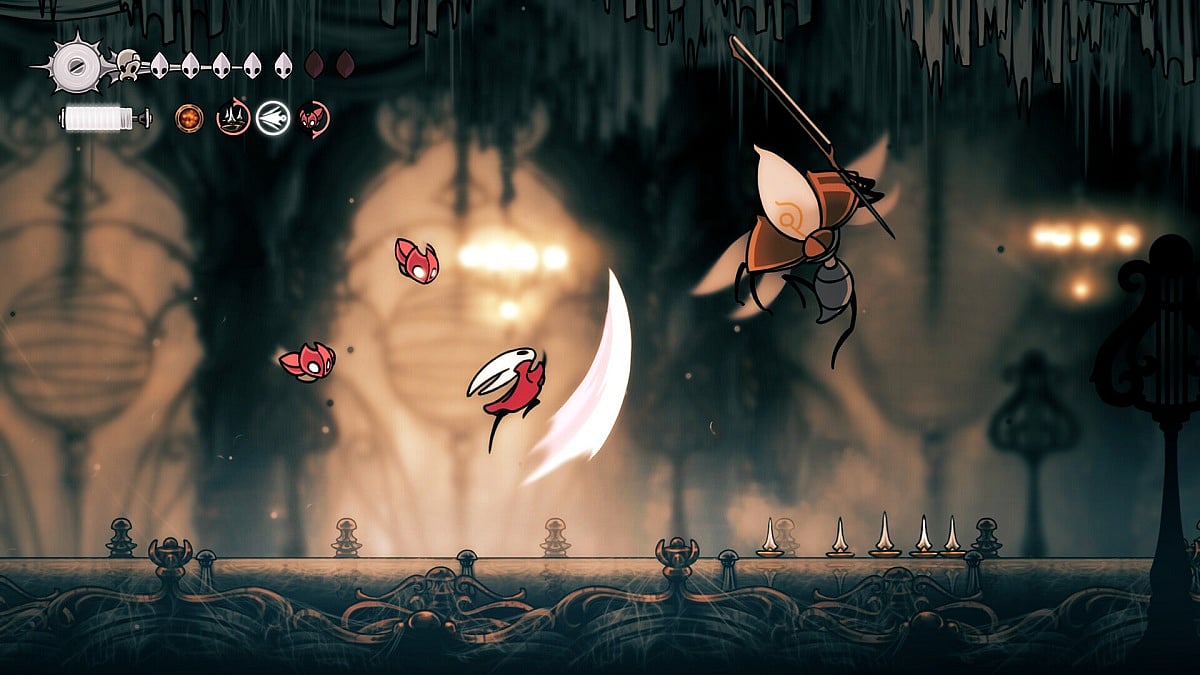
Hollow Knight: Silksong
Indie Games Like Hollow Knight Are Dominating AAA Titles in 2025
How the Hollow Knight launch and Hades 2 release used a low launch price and rich features to dominate the Steam charts and redefine success.
Highlights
- Indie games like Hollow Knight: Silksong are dominating AAA titles in player engagement.
- Indies succeed by building player trust through quality and transparent development.
- AAA games are alienating players with buggy launches and aggressive monetization.
The September 2025 launch window was slated to be a showcase for the industry's titans. With highly anticipated releases like Silent Hill F, EA Sports FC 26, and Borderlands 4, the dominance of AAA franchises seemed all but guaranteed. However, the data that emerged told a different story: one where two indie sequels, Hollow Knight: Silksong and Hades 2, captured the attention of the gaming world in a way their big-budget counterparts could not.
This shift wasn't just reflected in reviews, but in a crucial metric of player engagement: peak concurrent players on Steam. An analysis of the numbers and the factors behind them reveals a growing trend where studio reputation, development transparency, and player trust are becoming more valuable than nine-figure marketing budgets.
AAA vs. Indie: What's the Difference?
Before we get into the numbers, it helps to know the two types of development approaches we're talking about.
AAA Games: These are the "Hollywood blockbusters" of gaming. They're made by massive studios with huge budgets (often exceeding $100 million USD), backed by big publishers like EA, and are designed for huge commercial success.
Indie Games: These are the "independent films" of the gaming world. They're created by small, passionate teams with limited budgets and complete creative freedom, often succeeding through community support and word-of-mouth.
The Numbers Don't Lie: A Showdown on Steam
The best way to see a game's immediate impact is to look at how many people dropped everything to play it on day one. Steam's "peak concurrent player" count tells that story perfectly. The results from September are staggering when you think about the resources behind each game:
- Hollow Knight: Silksong (Indie): An unbelievable 587,150 players. After years of anticipation, the sequel built on a ~$42k crowdfunding success became one of the biggest launches in Steam history.
- Hades 2 (Indie): A peak of 112,947 players, comfortably doubling the all-time peak of its universally beloved predecessor.
- Borderlands 4 (AAA): A massive, yet telling, 304,398 players. A huge number, but still only a little more than half of Silksong's peak, and its launch was a technical catastrophe.
- EA Sports FC 26 (AAA): A respectable 100,283 players, putting it below Hades 2.
- Silent Hill F (AAA): A shockingly low 22,621 players.
Hades 2, from a 25-person team, had more of us playing at the same time than the new installment of a global sports dynasty. And Silksong, a sequel born from a tiny group of three developers, drew nearly twice the crowd of a $280 million behemoth like Borderlands 4. The brand name of Silent Hill F got people to buy it, sure, but it didn’t create that urgent, can’t-miss feeling of a true gaming event.

Steam
The Power of a Promise: Why These Indie Sequels Won
The immense success of Silksong and Hades 2 wasn't a surprise to their fans. Both games are sequels that built upon the immense goodwill and trust earned by their predecessors. The developers, Team Cherry and Supergiant Games, have become brands that players associate with quality.
Team Cherry's Power of Patience: The studio behind Hollow Knight took nearly seven years to develop Silksong. This long development cycle, funded entirely by the original game's massive success, was seen by its loyal community not as a delay, but as a commitment to quality. The result was years of organic, player-driven hype that marketing dollars simply cannot buy.
Supergiant's Transparent Triumph: Supergiant Games is fiercely independent and designed Hades 2 for Early Access from the beginning. This transparent process allowed players to participate in the game's development for over a year, providing feedback that was integrated into the final product. This not only improved the game but also de-risked the purchase for consumers, who had watched the masterpiece take shape in real-time.
The AAA Burden: High Budgets and Eroding Trust
In contrast, the modern AAA development model is cracking under its own financial weight.
The High-Risk Gamble: A game like Borderlands 4, with a development budget reportedly over $280 million, is under immense pressure to meet quarterly earnings reports for its publisher, Take-Two Interactive. This can lead to compromised launches. Borderlands 4 released to "Mostly Negative" reviews on Steam, with players citing crashes and poor performance, proving that a massive budget doesn't guarantee a good final product.
Aggressive Monetisation Models: The value proposition for AAA games is eroding as the business model shifts to prioritise post-purchase spending. After paying $70 for a new game, players are often immediately pushed towards season passes, cosmetic shops, and multiple-tiered editions, as seen with the launches of Borderlands 4 and Silent Hill F.
This strategy extends to core game content, with titles like EA Sports FC 26 facing criticism for locking legendary players behind a premium pass. This isn’t an accident but a deliberate financial strategy, highlighted by the fact that Electronic Arts generated close to $5.55 billion from live services in its 2024 fiscal year.
It's Not About the Money but Respect
This brings us to the heart of the matter: the player's return on investment. A gamer who buys Hollow Knight: Silksong for $19.99 gets a complete, sprawling, 50-hour adventure. Someone who buys Hades 2 for $30 gets a game so endlessly replayable and lovingly crafted that it feels like a steal. They feel their investment of both time and money is respected.
Compare that to the $70 base price for an AAA game, which is often followed by a $40 Season Pass, a cosmetic shop, and tiered special editions. This model doesn't make players feel valued; it makes them feel like a line item on a spreadsheet. The indie titans are offering a "goodwill surplus," while many AAA titles are creating a "trust deficit."
A PowerShift in the Digital Playground
The rules of the game have changed. The era of the "Super Indie" is here. Small, focused teams that consistently deliver quality have built brands more powerful than the biggest corporate marketing departments. Players are tired of being burned by broken launches, predatory business models, and let down by creatively bankrupt blockbusters. They are voting with their wallets, and they are choosing craftsmanship over corporate bloat.
The monumental success of Hades 2 and Hollow Knight: Silksong wasn't a victory for "small games." It's a powerful reminder that in an industry obsessed with scale, the most valuable asset isn't a nine-figure budget—it's a promise kept. And right now, it's the indies who are keeping theirs.

Author
Krishna Goswami is a content writer at Outlook India, where she delves into the vibrant worlds of pop culture, gaming, and esports. A graduate of the Indian Institute of Mass Communication (IIMC) with a PG Diploma in English Journalism, she brings a strong journalistic foundation to her work. Her prior newsroom experience equips her to deliver sharp, insightful, and engaging content on the latest trends in the digital world.
Krishna Goswami is a content writer at Outlook India, where she delves into the vibrant worlds of pop culture, gaming, and esports. A graduate of the Indian Institute of Mass Communication (IIMC) with a PG Diploma in English Journalism, she brings a strong journalistic foundation to her work. Her prior newsroom experience equips her to deliver sharp, insightful, and engaging content on the latest trends in the digital world.
Related Articles
